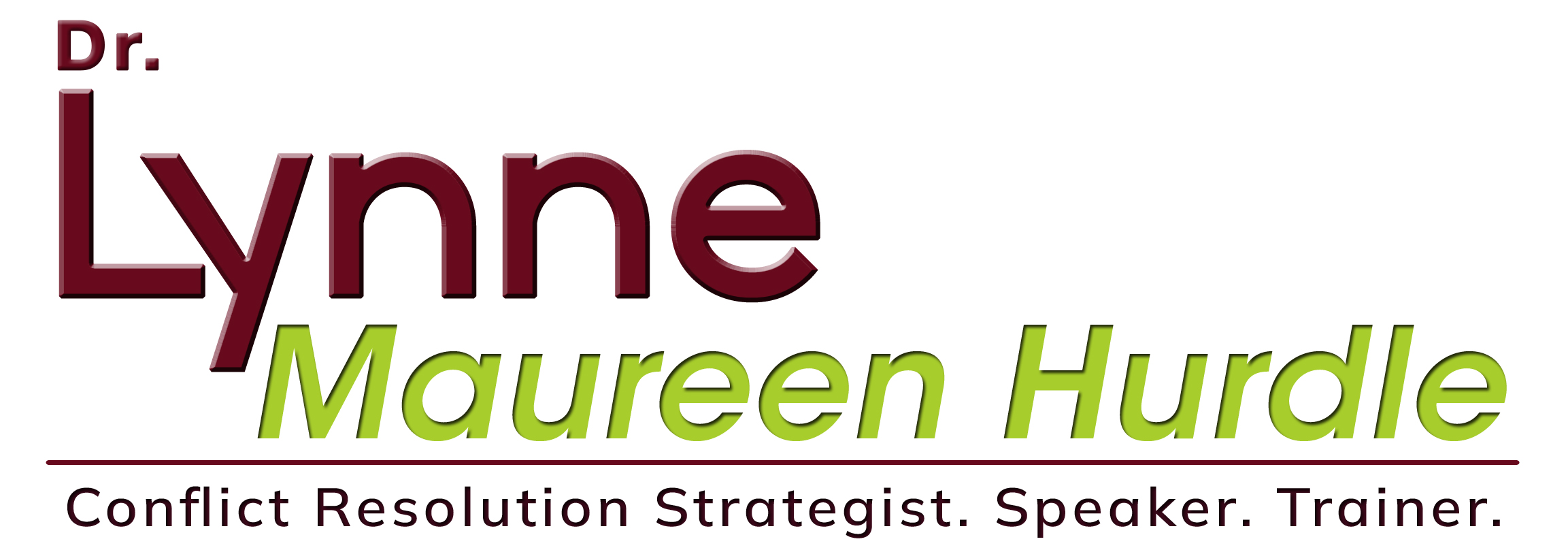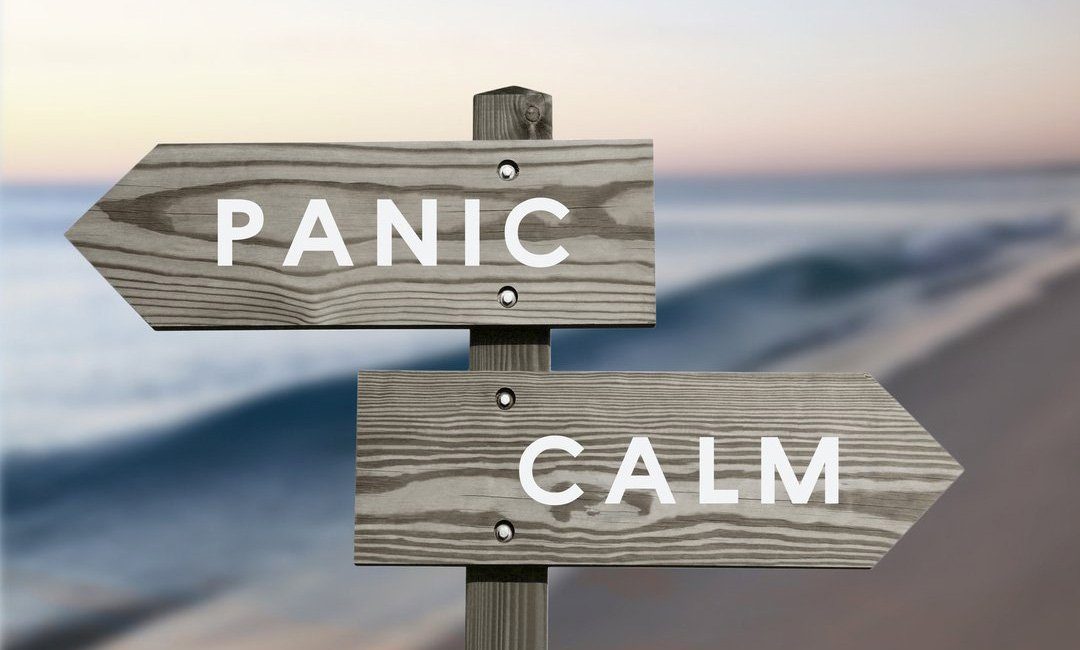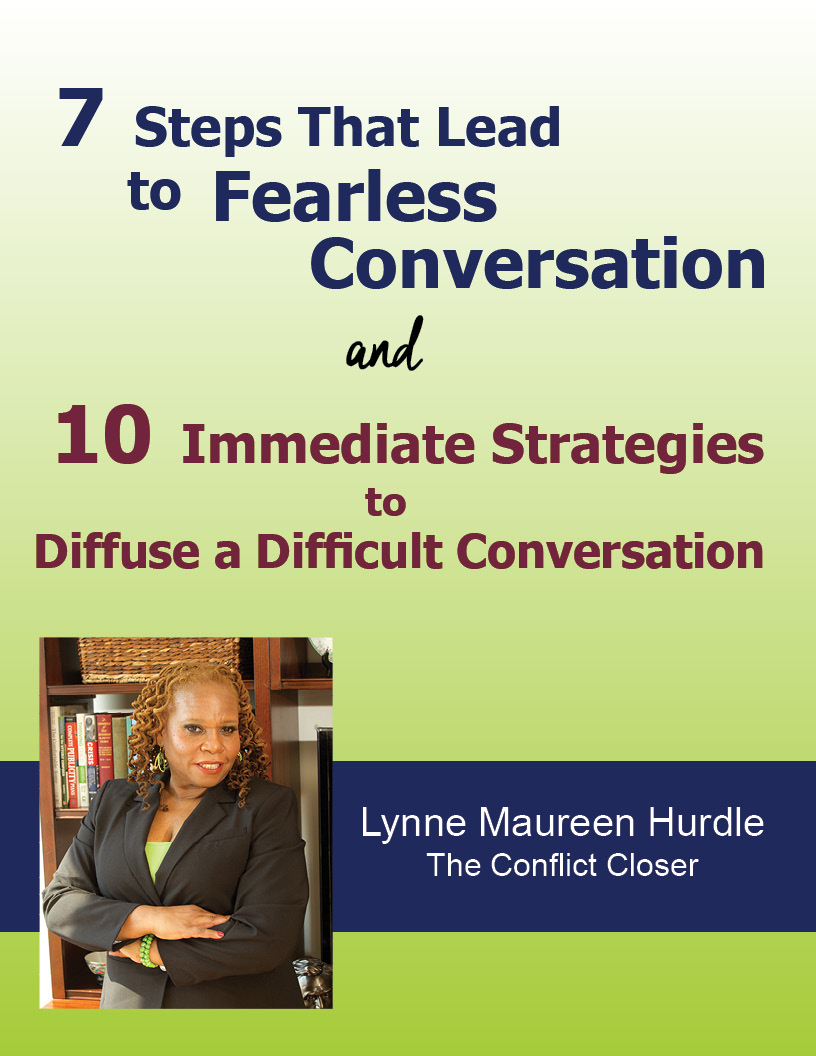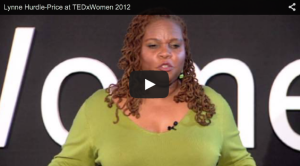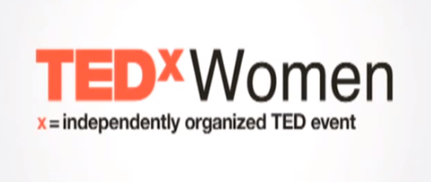Here’s what I know to be true. When it comes to resolving conflict, the last thing we think about is taking care of ourselves in the process. We spend a lot of time thinking about the other person and the things they do that annoy or trigger us. We spend time thinking about our own game plan, that is when we’re not caught in a reaction to a conflict that was unexpected. We even spend time thinking about how this conflict makes us look to others.
What I want to spend time with you on is… am I ready physically, emotionally, spiritually and mentally for any conflict that might come up today? That means we need to be thinking about conflict in advance doesn’t it? Uh. Oh. Here’s where I might lose you or certainly those of you who hate to think about conflict in advance. But I’m asking you to trust and stay with me here. You see, I know a thing or two about being totally caught off guard by the way that I reacted in a conflict situation, because I didn’t expect it.
One in particular comes to mind, because it was so bad. I was picking up my consultant check from an organization. This particular check had taken an incredibly long time to be processed, which required many phone conversations and erroneous explanations on their part as to why this process was taking so long. Unfortunately, at this time in my career, it was a pretty normal process to have to go through a lot of stressful aggravation and negotiation to get paid.
Even though this was a regular occurrence, somehow I was not in touch with how little I was doing if anything to really prepare myself to engage in this stressful process in the best way possible.
So, when I arrived at the office and asked to speak to the woman who had my check, I was completely unprepared for her response to me. She did not have my check and did not know anything about it. All I can remember is what was going on in my head was like a three alarm fire and I simply exploded. Well, she was not having it and actually asked me to leave, because there was nothing that she could do nor was she prepared to do anything for me based on my reaction.
As I think back to that time in my life, even with my conflict resolution skills, there were a lot more explosions happening at the end of highly stressful events or periods of time than I would care to admit. I did not have a self-care plan. I don’t even think I would’ve known how to make one at that point in time and I honestly don’t remember making the connection between needing one and the explosions that were happening. I thought I just needed to remember to use my conflict resolution skills rather than lose my cool.
I’ve learned a lot since then. It’s been about 20 years since that happened so I have a lot to pass on to you. I hope you’re ready, because today we are going to learn how to put together a self care plan for conflict.
Step 1: Know who you are in conflict. Are you the exploder, are you an avoider, do you hide in silence do you meditate in silence do you premeditate before a conflict, do you go for the jugular, do you try to please everyone or just shutdown? Knowing yourself is really important when you start to develop your self-care plan. These days, I know myself to be someone who feels things very deeply, so my emotions are going to be the thing that I need to take care of first in a conflict situation. Most of us are tied strongly to our emotions even when who we are in conflict is based on culture or logic or spirituality.
Step 2: Since I know myself, my plan needs to be top-heavy around my emotions. So, for you recognizing who you are when it comes to conflict when you start to put together your plan there are places where you’re going to need to be top heavy. That means you’re going to need to make sure that you spend more care in these areas. For instance, in my self-care plan tuning into my emotions whether I am in a conflict or not helps me to become more aware of them. Setting aside time every day to just tune in whether it’s five minutes or 40 minutes helps to create the kind of awareness that I must tune in and take care of my emotions. Asking myself what am I feeling and why and how do I feel it completely and then allow it to move through me are powerful ways for
me to give myself emotional care.
Step 3: Gather your relaxation techniques. Breathing, in particular belly breathing is huge for me. I know its benefits particularly when it comes to my emotions. For you, it could be breathing or it could be a quick neck roll, shoulder lift and drop or positive self talk statement. This part of the plan is to put things in place that don’t require a large amount of time, but do prove themselves to be techniques that slow you down, sometimes it’s just pause. The key is to do this every day for at least three minutes. Please do not tell me you don’t have three minutes a day to care for you.
Step 4: Dedicate to the larger picture. What can you do once a week regularly that caters to your physical, emotional, spiritual or mental well-being? Maybe it’s a class you can take, maybe it’s painting, singing, writing, dancing, seeing a friend, praying, chanting or taking a walk. Whatever it is, you are making a commitment to doing it regularly. The importance of this for conflict is you have an anchor that can help you handle stress that you go to every single week along with the quick techniques you are practicing daily.
Step 5: Write up your plan, make it visible to you and just keep adding to it. For instance, my exercise and prayer time has bumped up to much more than once a week these days and I have a new once a week commitment.
Step 6: Keep at it and love on yourself when you fall off. Hey, we all have the best intentions, but can fall off especially when we are either used to putting ourselves last or not considering ourselves at all. Forgive yourself, even laugh at yourself and just keep trying.
Twenty years ago, when that woman asked me to leave her office, I did leave but I gathered myself outside her office and went back in. I used every conflict resolution skill I knew including apologizing, to stay calm and to get her to engage with me in problem-solving what had happened to my check. By the end of that conversation, she had phoned someone and found out where my check was sitting and literally ran with me to that office so that I could pick it up before they went home for the day!
I’d like to say that the failure and success of that day made me realize that I needed a self-care plan, but that would be a lie. It was several years later that I began to implement one, but I know that event created an awareness that was needed to make me available to the idea years later.
Now it’s your turn. What are you ready to create? Reach out and let me know what you’ve done. I am here to support you.
Take the Leadership Assessment Quiz here to find out how healthy or unhealthy your team is.
